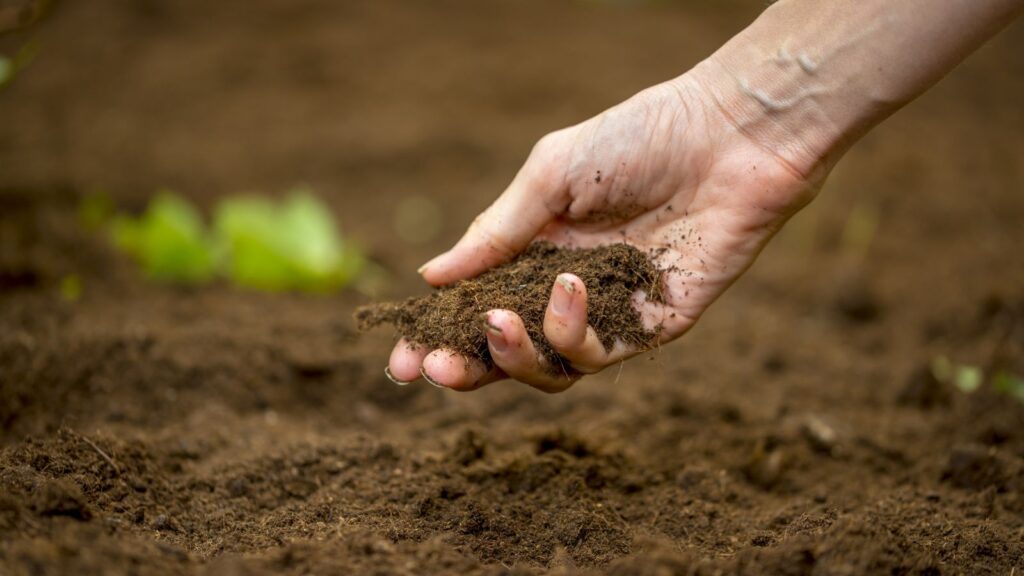The idea of floating in zero gravity and looking down at Earth from above is a dream for many. But before you pack your bags and hop on the next rocket, you should know that there are quite a few things you’re not allowed to bring with you, including these 21 items.
Pets

As much as you might want to bring your beloved dog or cat along for the ride, pets are a no-go in space. According to the BBC, “Animals were the early pioneers of space flight… often losing their lives in the process.” The confined space of a spacecraft and the specialised environment needed for human survival isn’t suitable for animals.
Fresh Flowers and Plants

While plants can provide oxygen and psychological benefits, fresh flowers and most plants are not allowed on spacecraft. They require specific conditions, including water and sunlight, which are hard to manage in space. Instead, astronauts work with specially selected and engineered plants that can survive and thrive in the controlled environment of a space station.
Aerosol Sprays
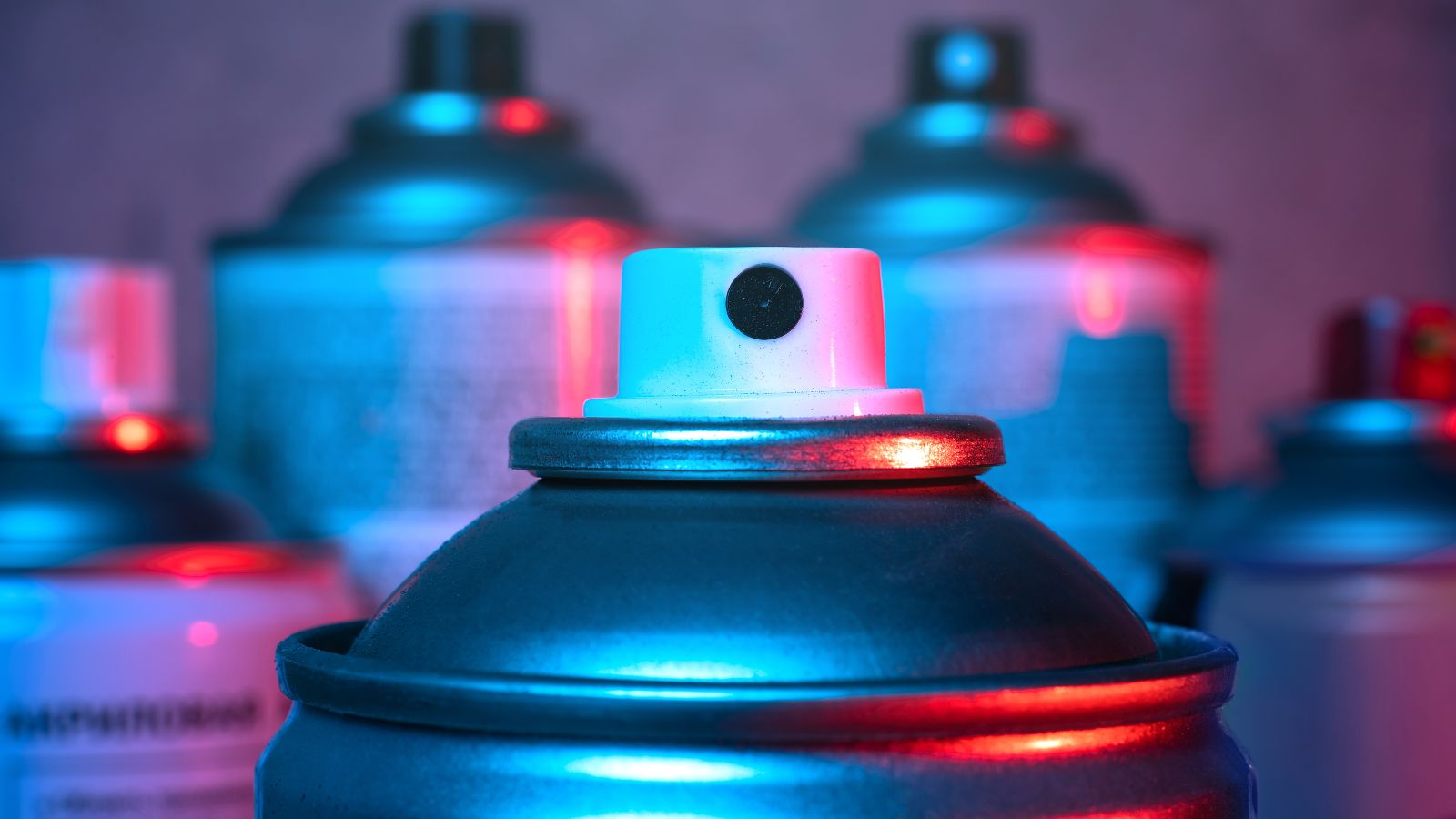
Aerosol sprays, such as deodorants or cleaning sprays, are a big no-no in space, as these products rely on pressurised gas to dispense their contents, which can cause issues in the closed environment of a spacecraft. The particles from aerosols could contaminate the air, interfere with delicate instruments, and pose a risk of fire.
Unsecured Tools and Equipment
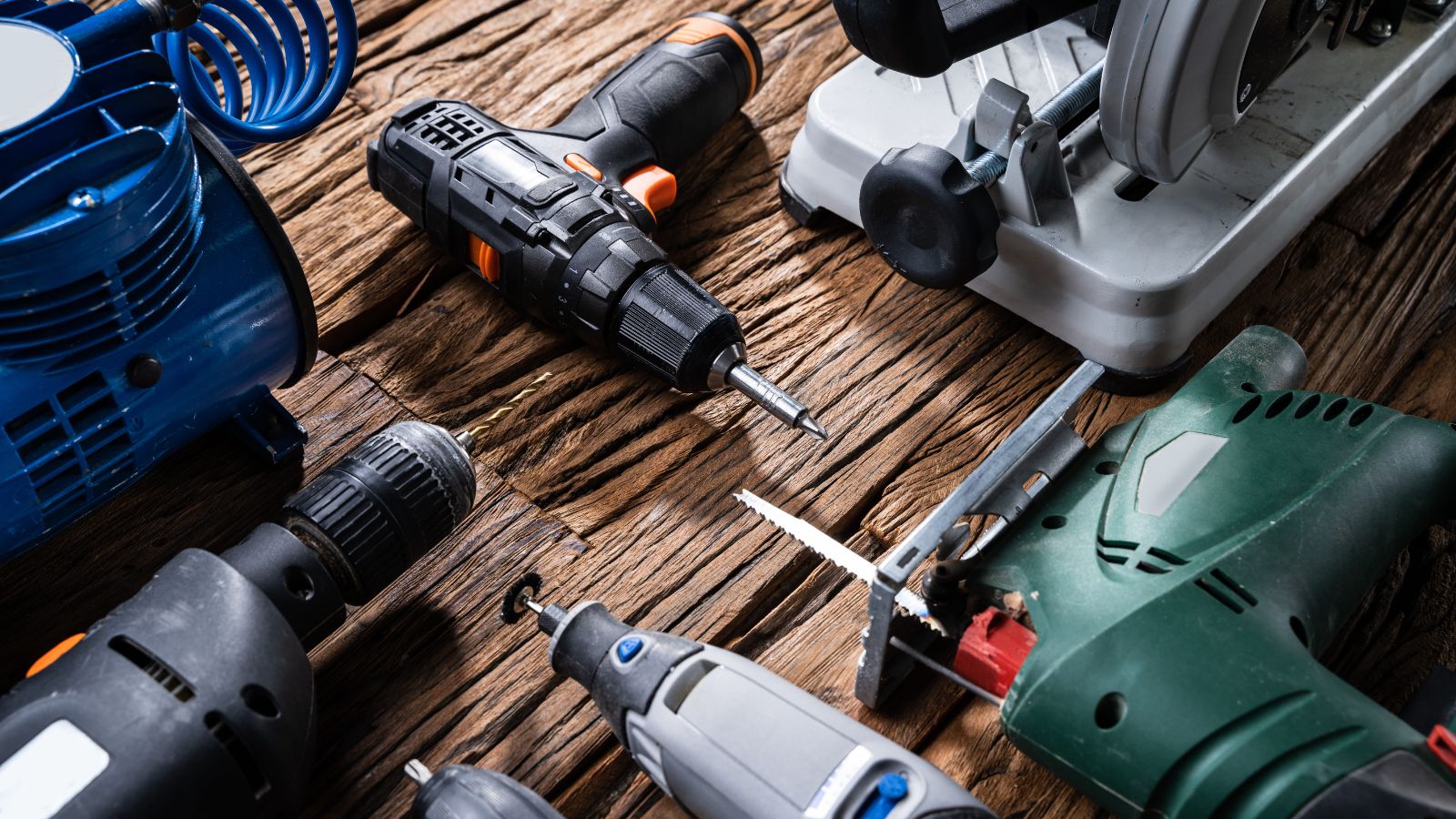
Loose items floating around in zero gravity can be extremely dangerous. Unsecured tools and equipment can become projectiles that pose a hazard to both astronauts and the spacecraft’s systems. Everything that goes to space must be carefully secured and accounted for.
Regular Matches and Lighters
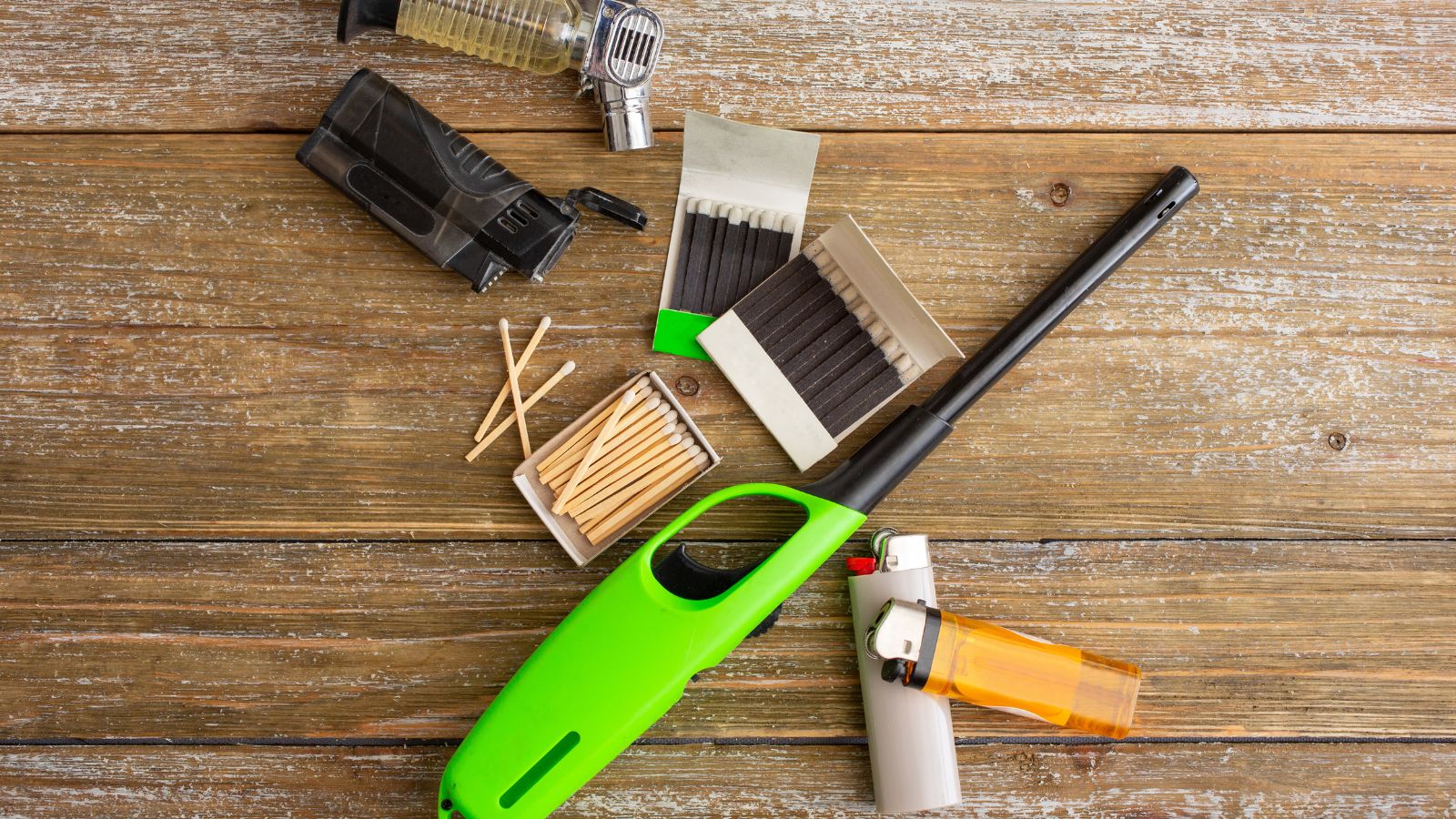
Fires in space are a serious concern, which is why regular matches and lighters are not allowed, as they can produce uncontrolled flames and pose a significant fire risk. Instead, astronauts use specially designed ignition devices for any necessary flame-based tasks. Fire safety in space is paramount, and every precaution is taken to prevent accidental fires.
Alcoholic Beverages
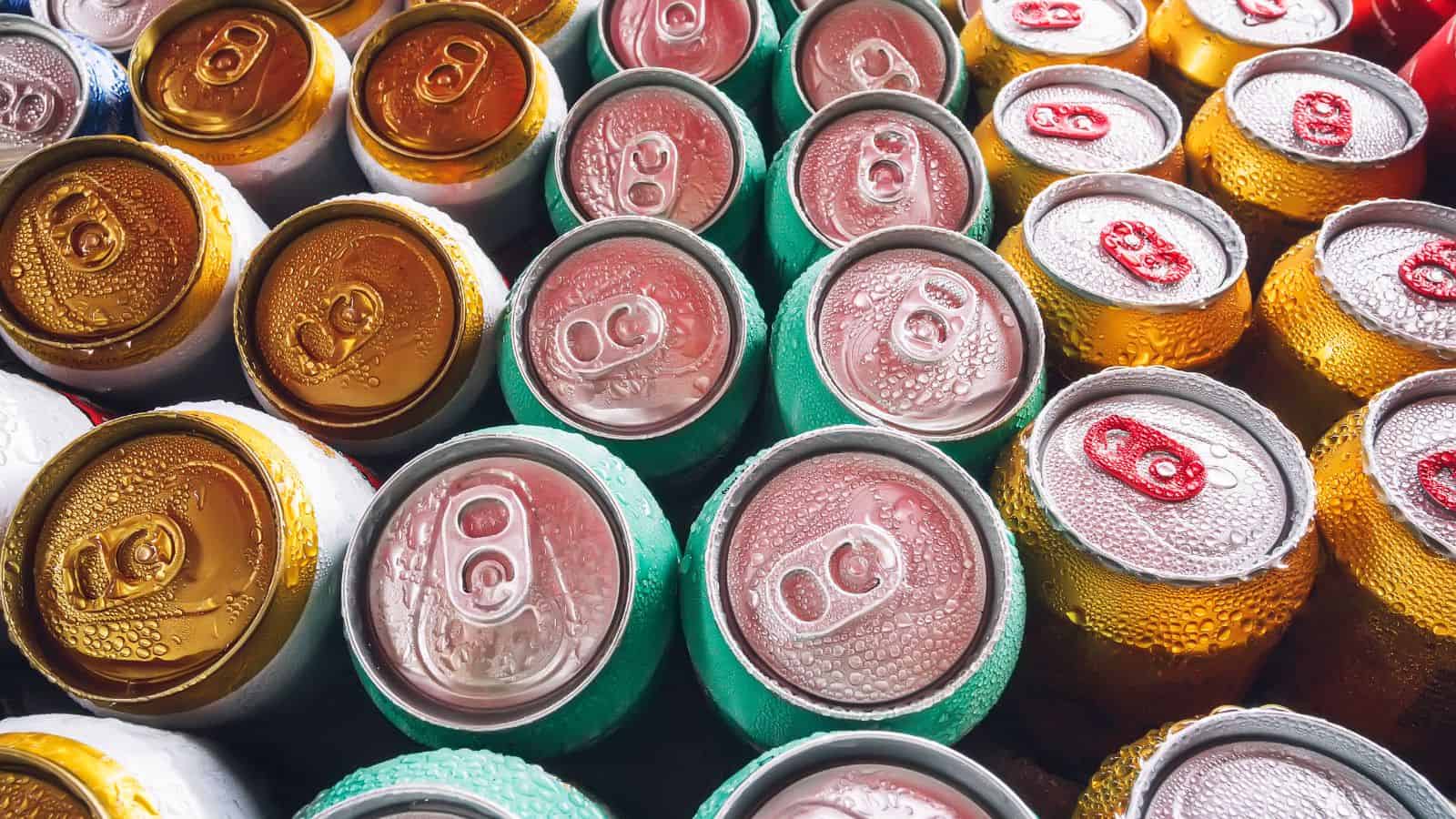
While a glass of wine or a cold beer might be enjoyable on Earth, alcoholic beverages are banned in space. Alcohol can impair judgement and coordination, which are crucial for the demanding tasks astronauts perform. Additionally, alcohol can affect the body’s hydration levels and interact with medications, which could be dangerous in space.
Live Soil
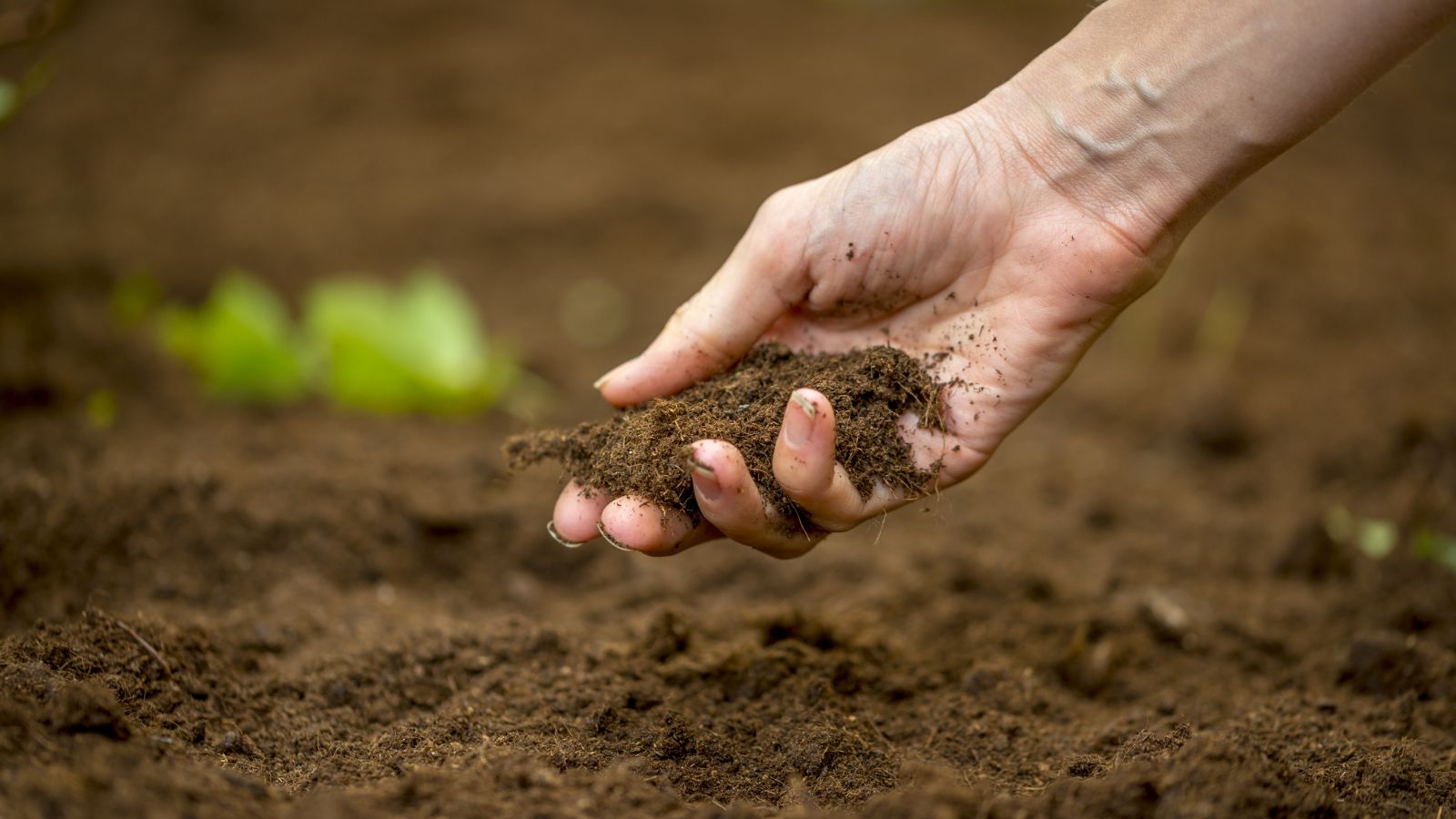
Live soil is teeming with microorganisms that could pose a contamination risk in a spacecraft’s closed environment. Bringing soil on board could introduce bacteria or fungi that might harm astronauts or interfere with experiments. Instead, astronauts use sterile growth mediums for any plant experiments conducted in space.
Loose Clothing

In a zero-gravity environment, loose clothing can float around and get caught in equipment or obstruct astronauts’ movements. All clothing worn in space is designed to be snug and functional. Astronauts’ outfits are carefully tailored to their needs, ensuring they can move freely and perform their tasks safely without any risk of getting tangled.
Untested Personal Electronics
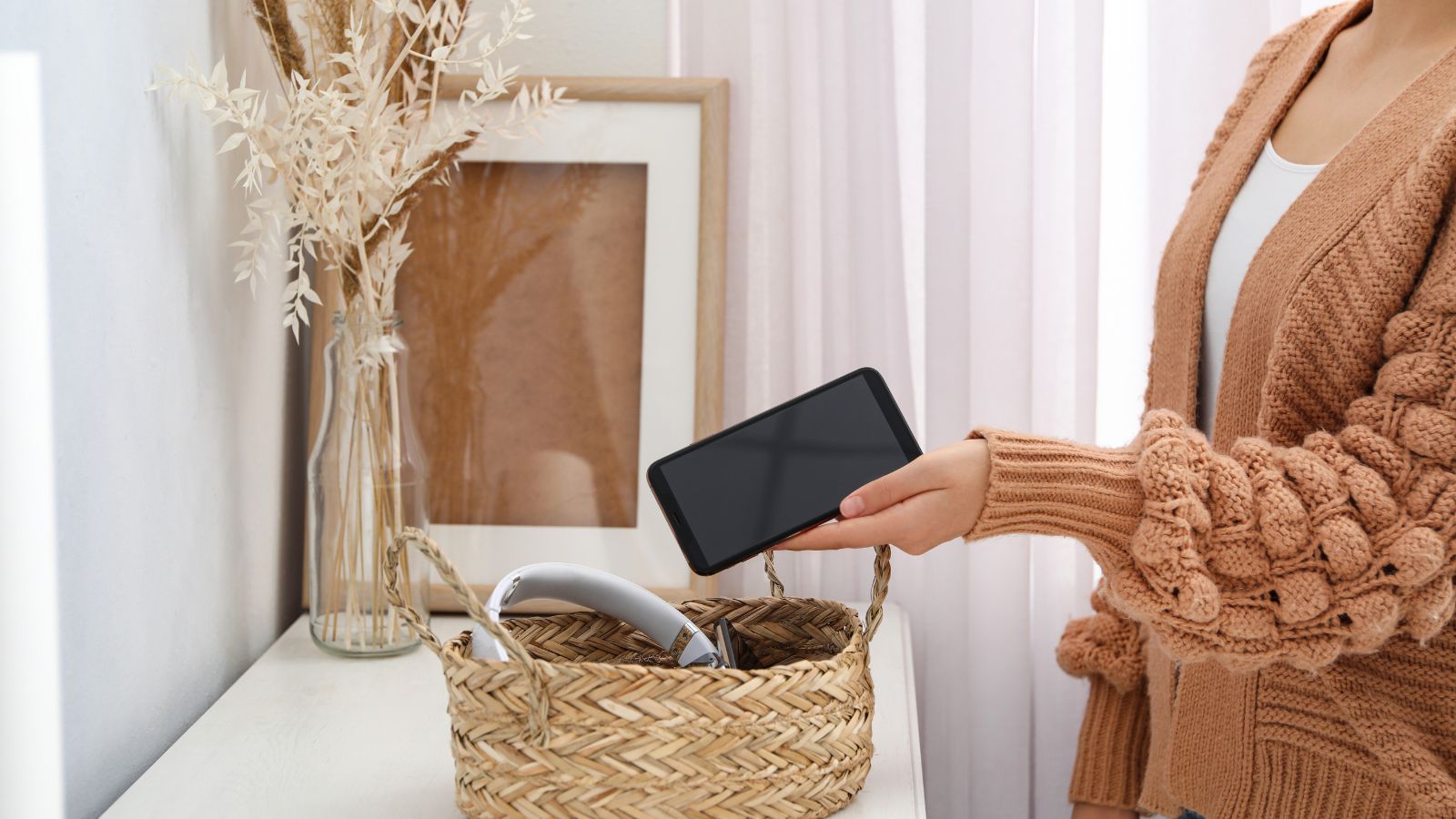
Personal electronic devices, such as smartphones or tablets, must go through rigorous testing before they can be brought to space. This ensures they won’t interfere with the spacecraft’s systems or pose a fire risk. Unauthorised or untested electronics could cause malfunctions or electromagnetic interference, which could be catastrophic.
Perfumes and Scented Products
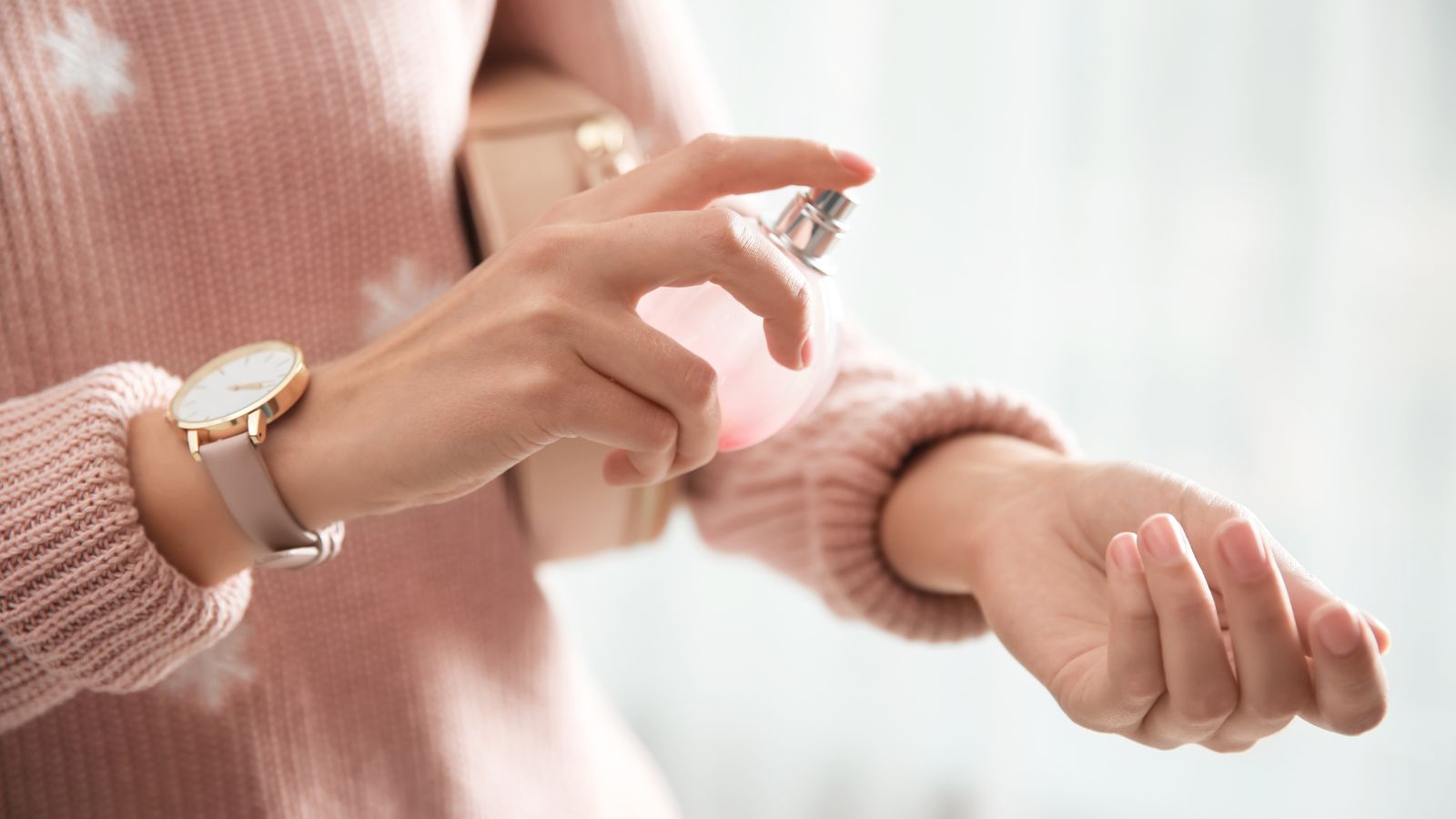
Perfumes and heavily scented products are banned in space due to the confined nature of the spacecraft. Strong smells can be overwhelming and may cause discomfort or allergic reactions among the crew. In limited space, it’s essential to maintain a neutral environment, so astronauts stick to unscented hygiene products.
Non-Nutritional Foods
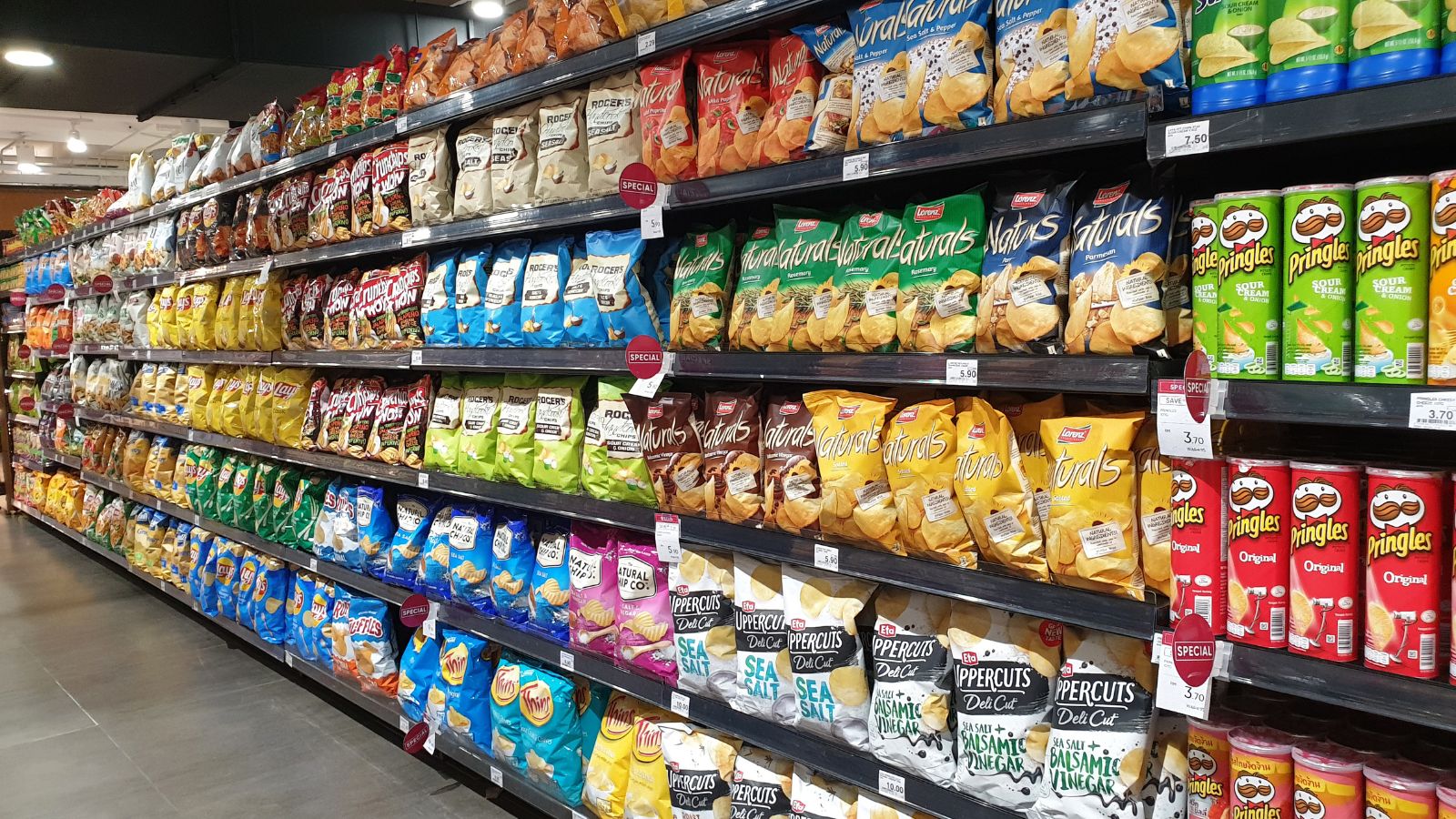
Every bit of food taken to space must serve a nutritional purpose; there’s no room for junk food or non-essential snacks. Astronauts’ diets are meticulously planned to ensure they receive all the necessary vitamins and minerals to stay healthy and energised. Non-nutritional foods would take up valuable space and resources without benefiting the astronauts’ well-being.
Glass Containers

Glass containers are prohibited in space due to the risk of breakage. In zero gravity, broken glass could become a serious hazard, floating around and potentially causing injury or damaging equipment. Instead, astronauts store things in containers made from durable, shatterproof materials.
Sharp Objects
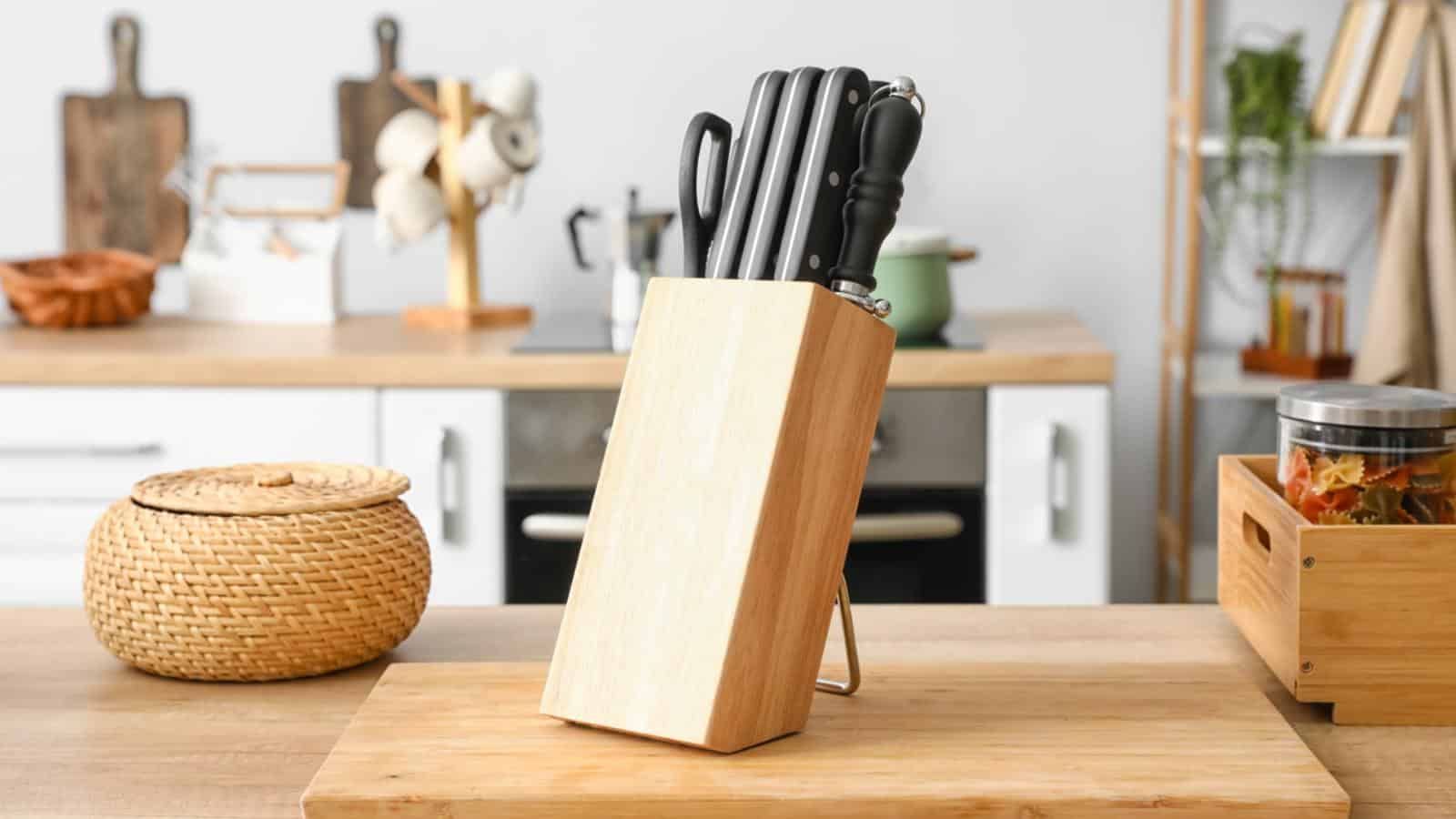
While tools are essential for various tasks, any sharp objects must be carefully controlled and stored, as they could cause injury, or damage the spacecraft’s interior. Astronauts use specially designed tools with safety features to minimise these risks, ensuring that they can perform their duties without endangering anyone.
Candles

Candles, with their open flames and melting wax, are a fire hazard and are strictly forbidden in space. Fire safety is a top priority, and anything that could cause an uncontrolled flame is not allowed. Instead, astronauts rely on electric lighting for illumination and atmosphere, ensuring their environment remains safe and secure.
Magnetic Items
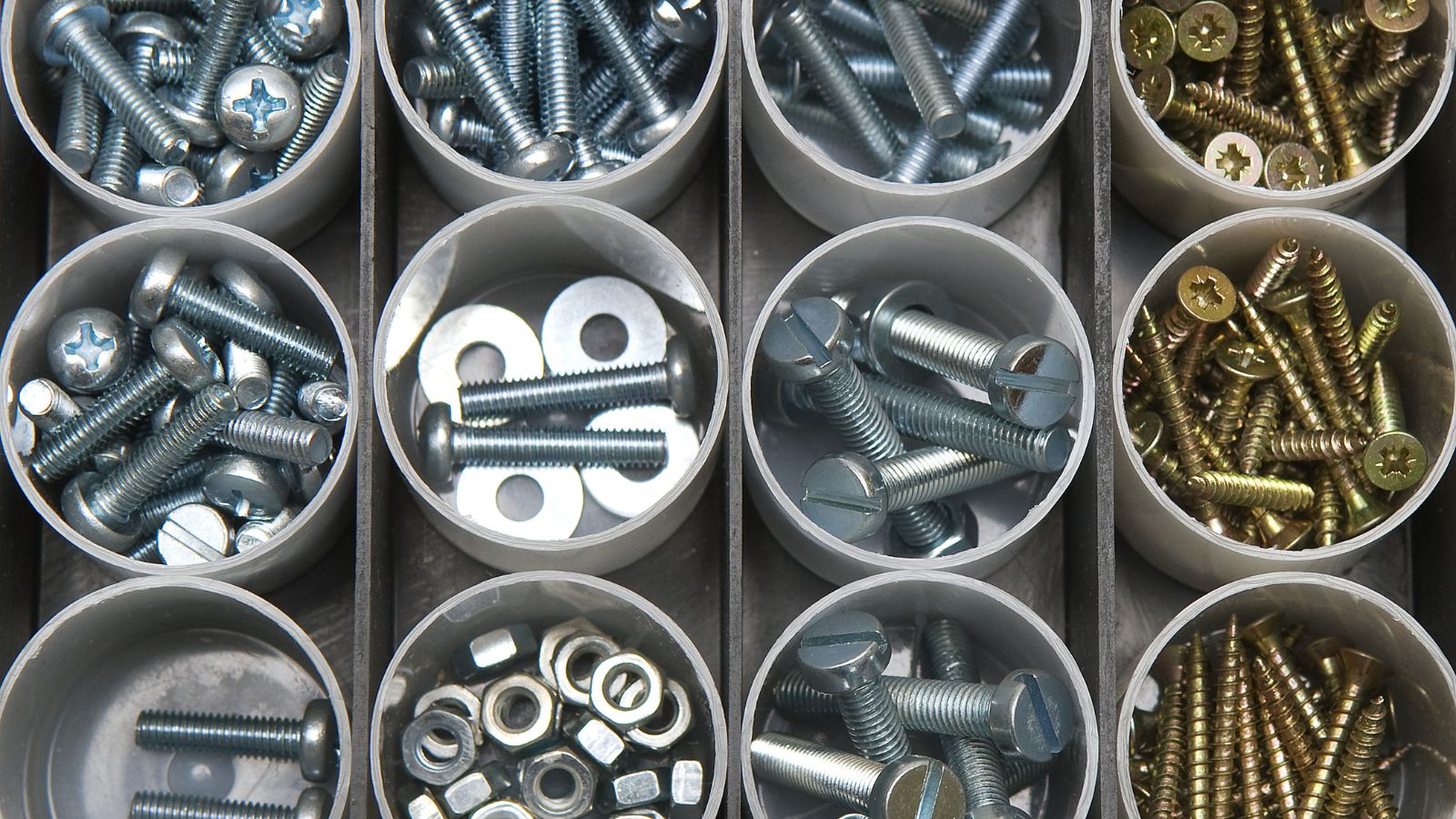
If you want to interfere with the delicate instruments and equipment on a spacecraft, then magnets are the best thing to take. Magnetic fields can disrupt electronics and navigation systems, potentially leading to malfunctions, therefore, items with strong magnets are banned from space missions.
Unauthorised Medication

Only approved and necessary medications are allowed on board a spacecraft, and any medication brought to space must be thoroughly vetted for safety and effectiveness in a zero-gravity environment. Unauthorised medications could interact unpredictably with other drugs or have adverse effects due to the unique conditions of space.
Flammable Materials
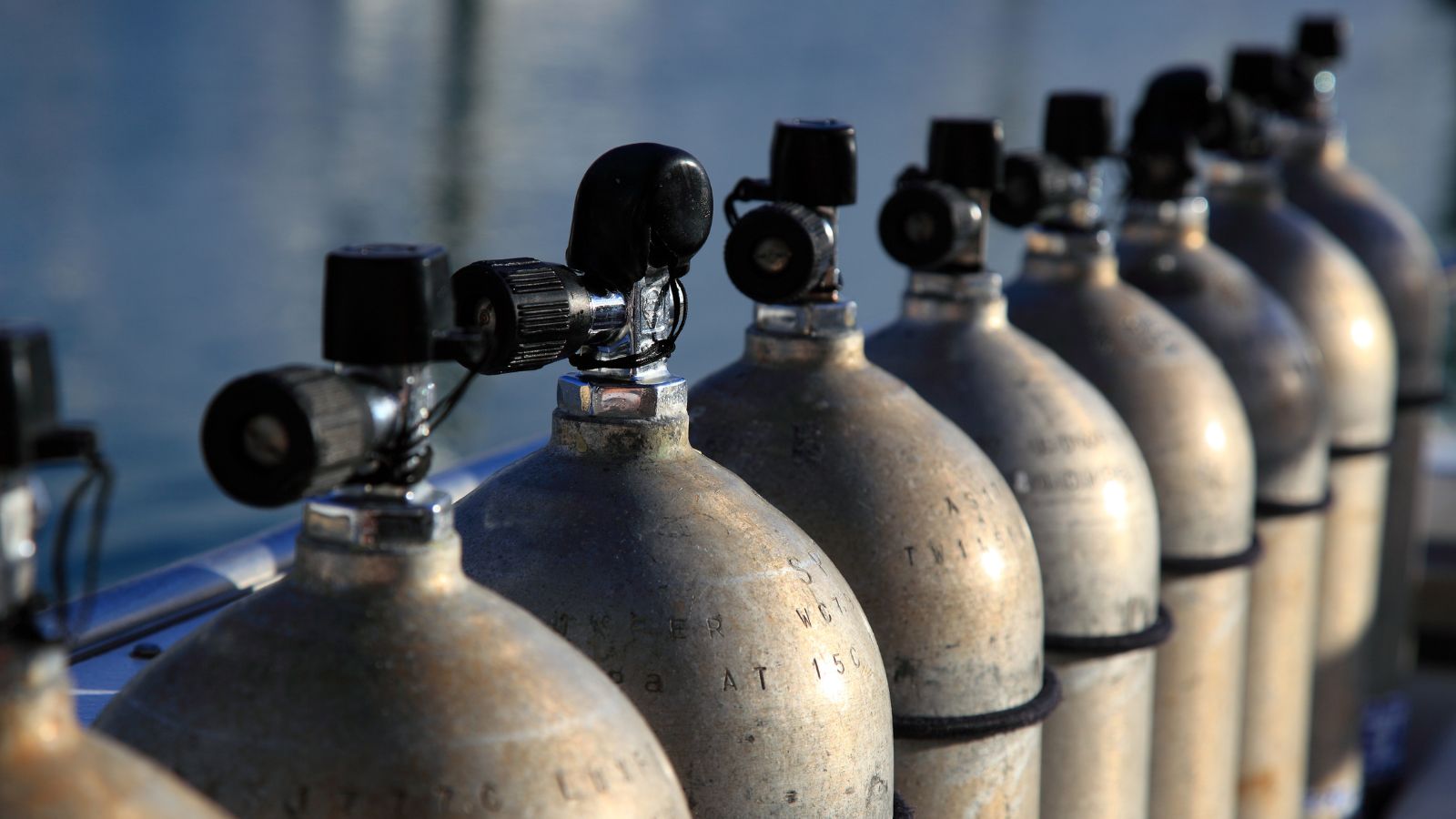
Anything that can easily catch fire is prohibited in space. Any flammable materials pose a significant risk in the closed, oxygen-rich environment of a spacecraft. This includes certain types of clothing, packaging materials, and other items that could ignite and cause a fire. All materials used in space missions are carefully tested for fire resistance to ensure the highest level of safety.
Non-Biodegradable Waste
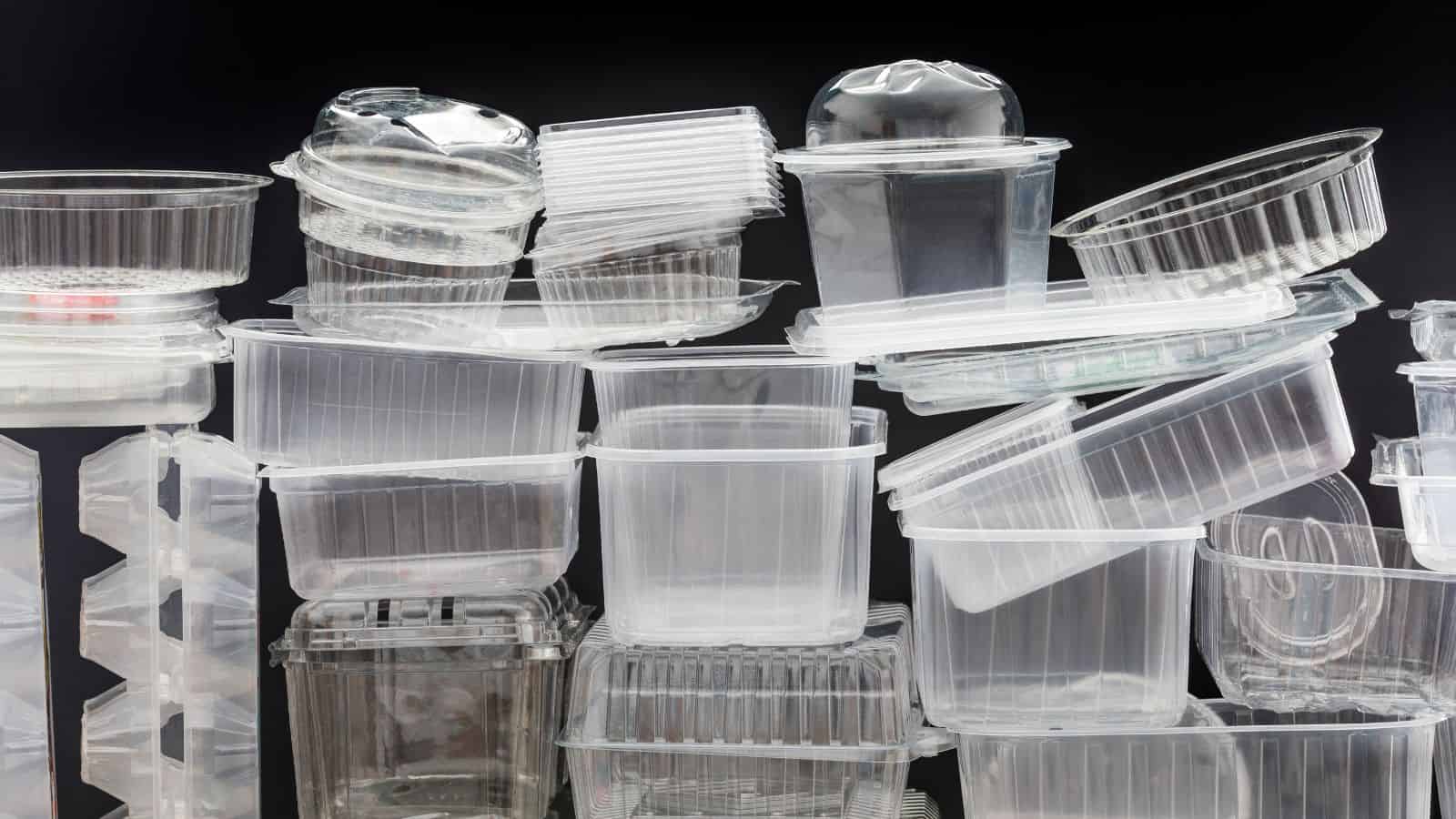
Waste management is also critical to space missions. Non-biodegradable waste can accumulate and become a problem, so it’s essential to minimise it as much as possible. Astronauts use products and packaging that can be broken down or recycled efficiently. Managing waste effectively helps maintain a clean and sustainable environment, after all.
Excess Personal Items
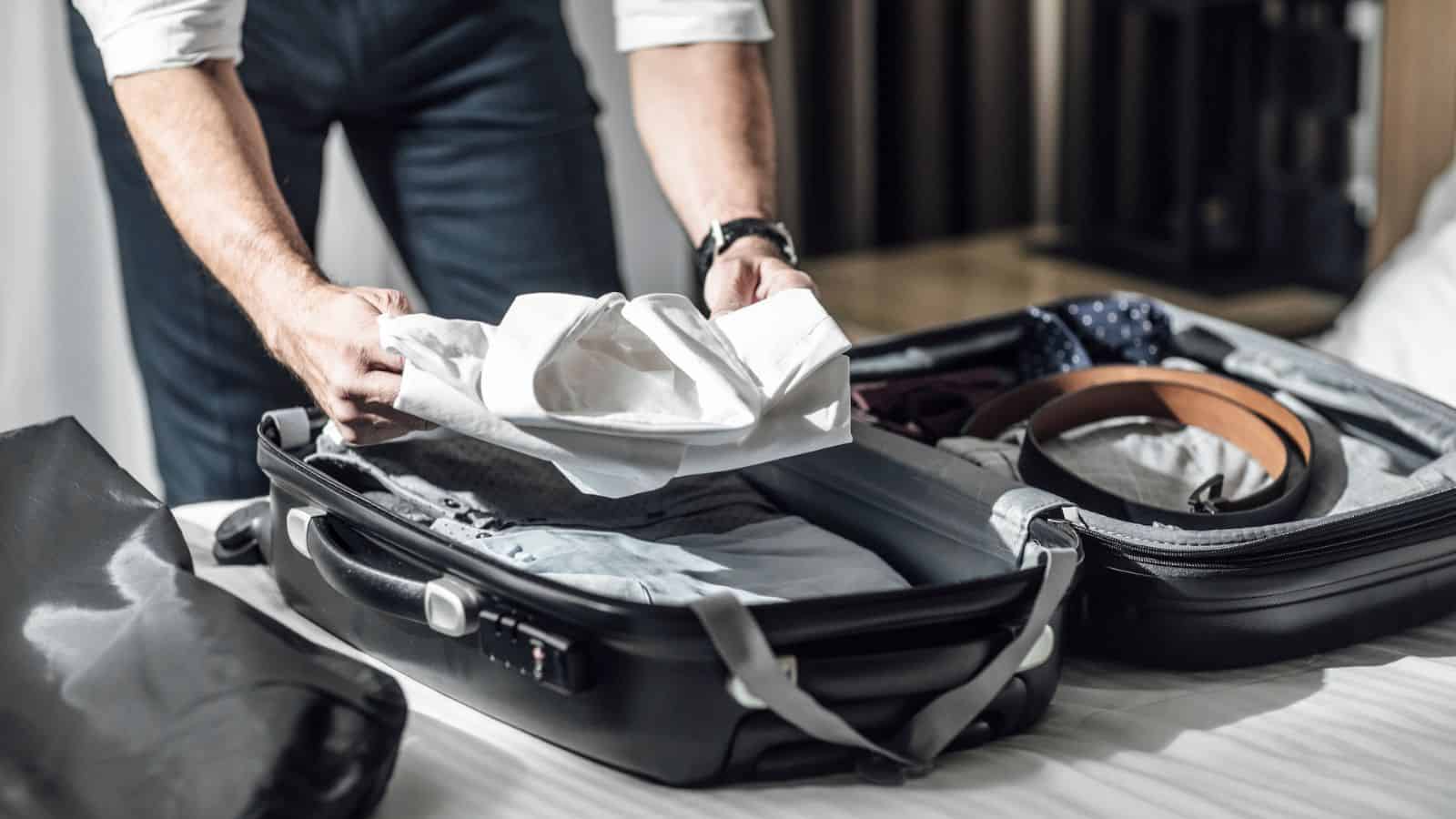
Space is limited in space (ironically), so astronauts must be very selective about what personal items they bring. Excess personal items can take up valuable space needed for mission-critical equipment and supplies, so astronauts are allowed to bring a few sentimental items, but these are carefully chosen and kept to a minimum.
Irreplaceable Items
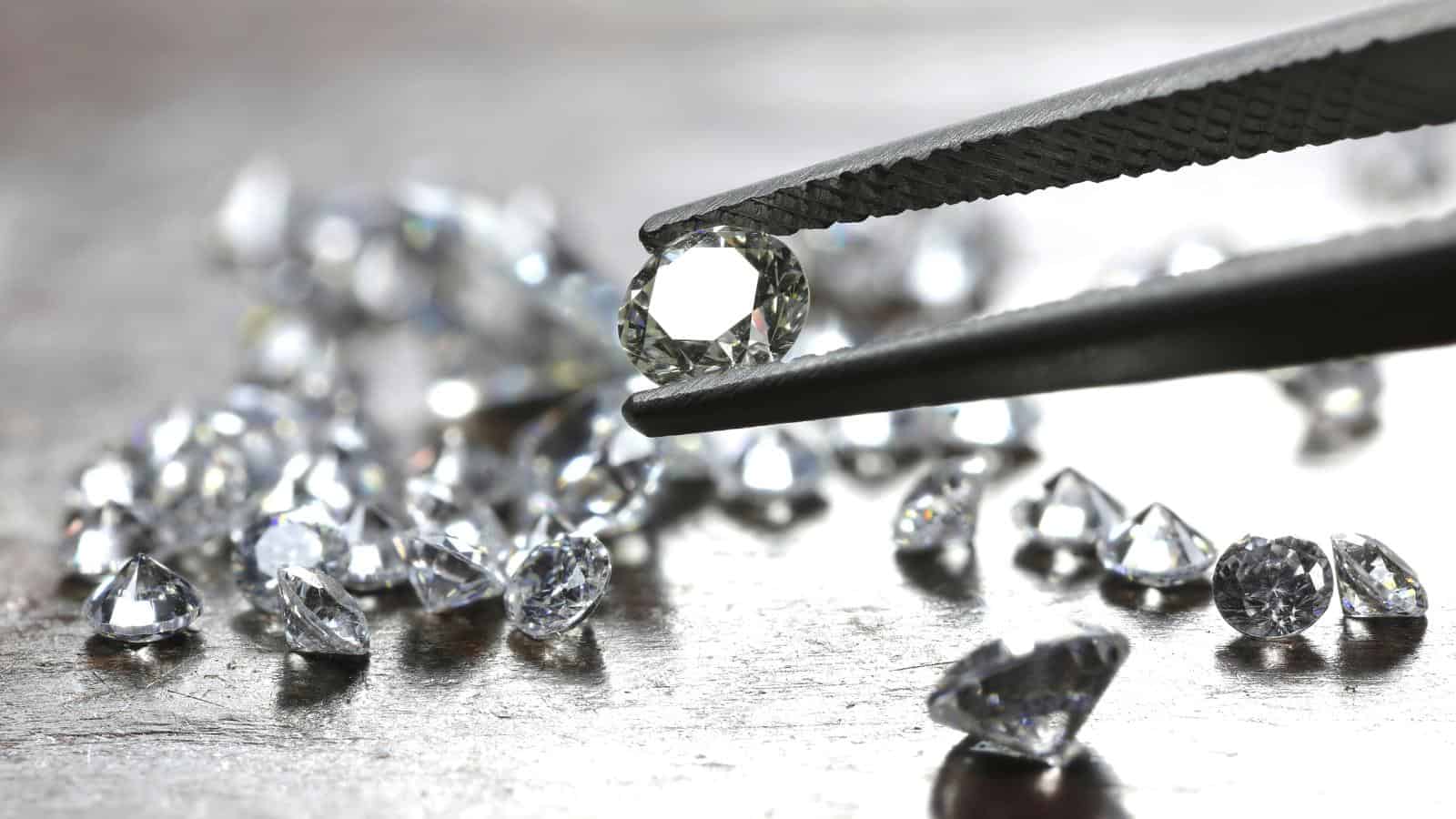
Anything irreplaceable or extremely valuable is generally not allowed on space missions because the risk of loss or damage is too high—and the primary focus of space travel is the mission at hand. Astronauts leave their prized possessions on Earth and bring only what is necessary for their work.
Personal Firearms
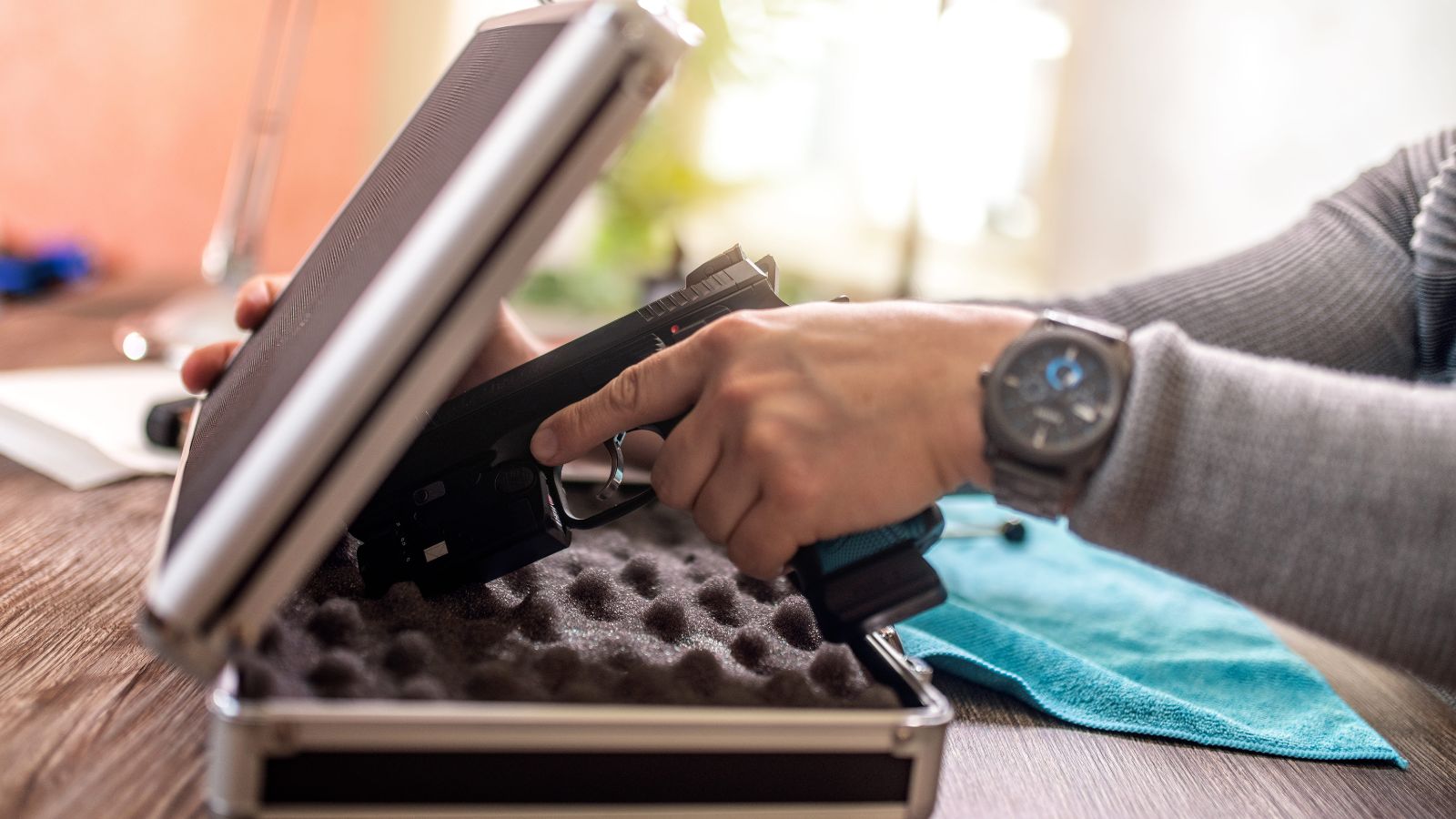
Our final prohibited item might not be too surprising: firearms, as the confined quarters and the potential for catastrophic damage make them far too dangerous to bring along. Space missions prioritise safety and peaceful exploration, so there’s no need for weapons.

